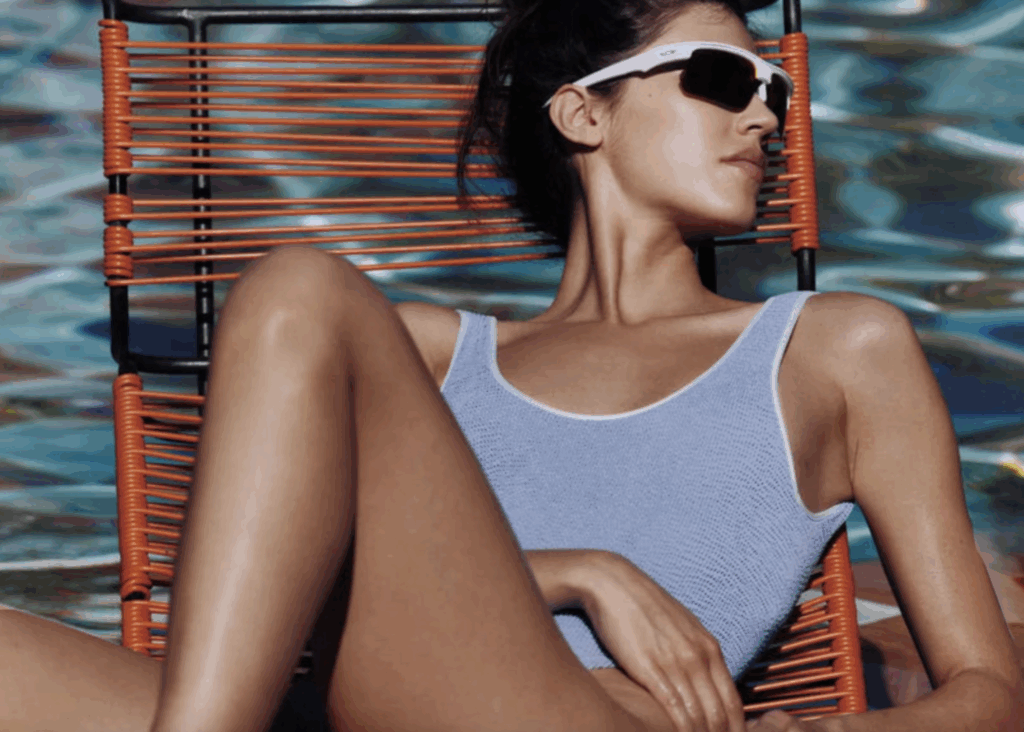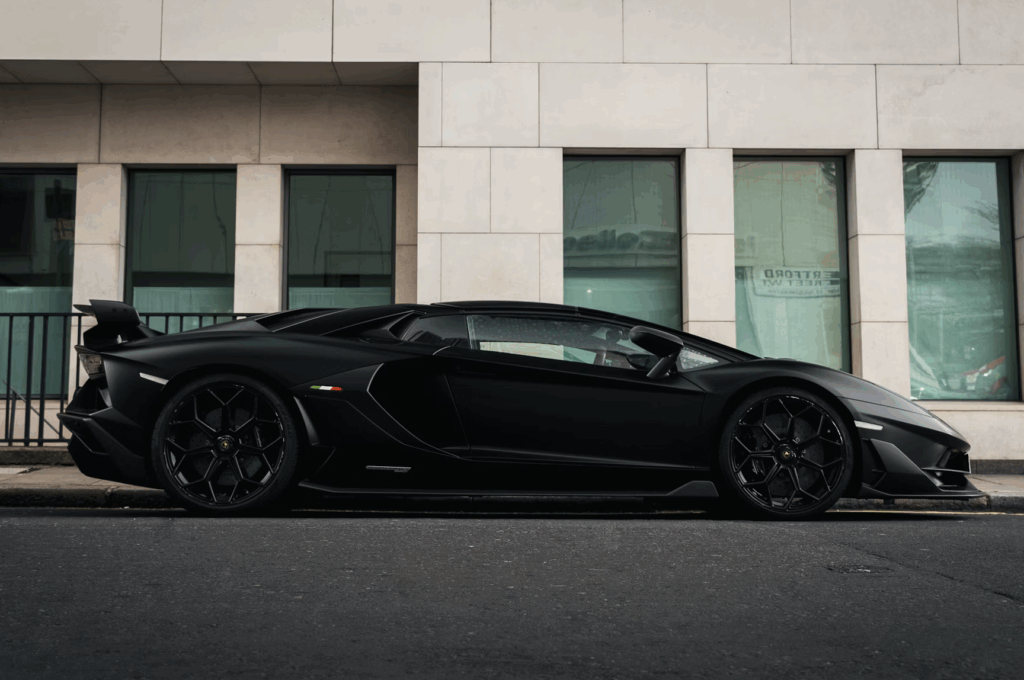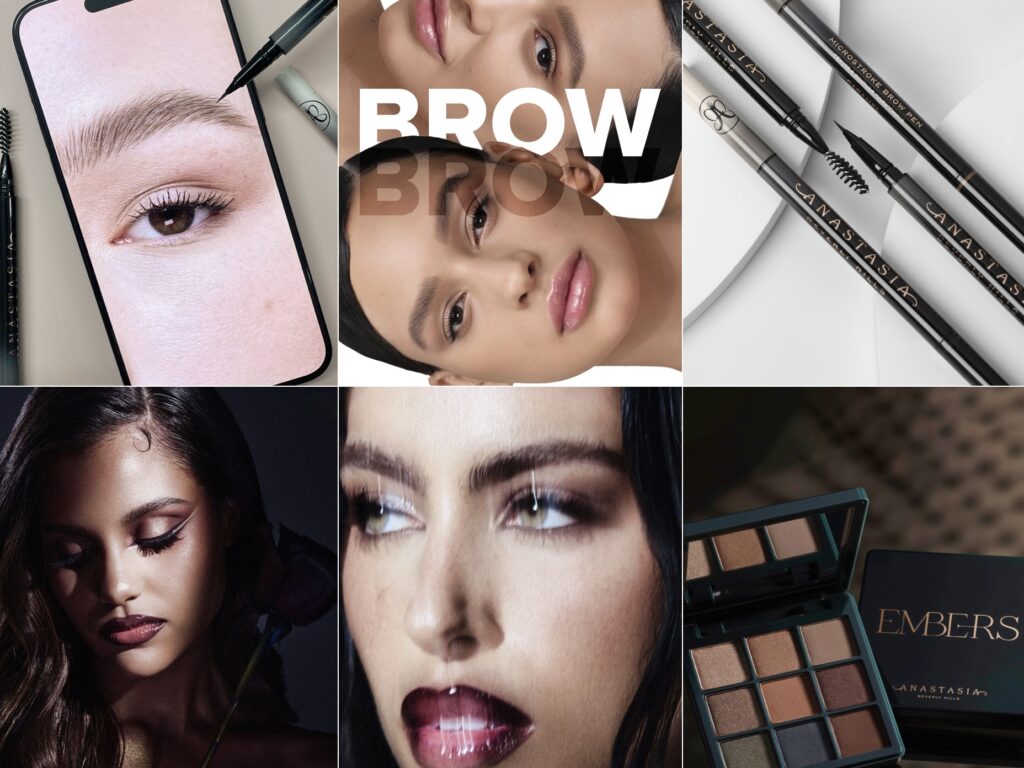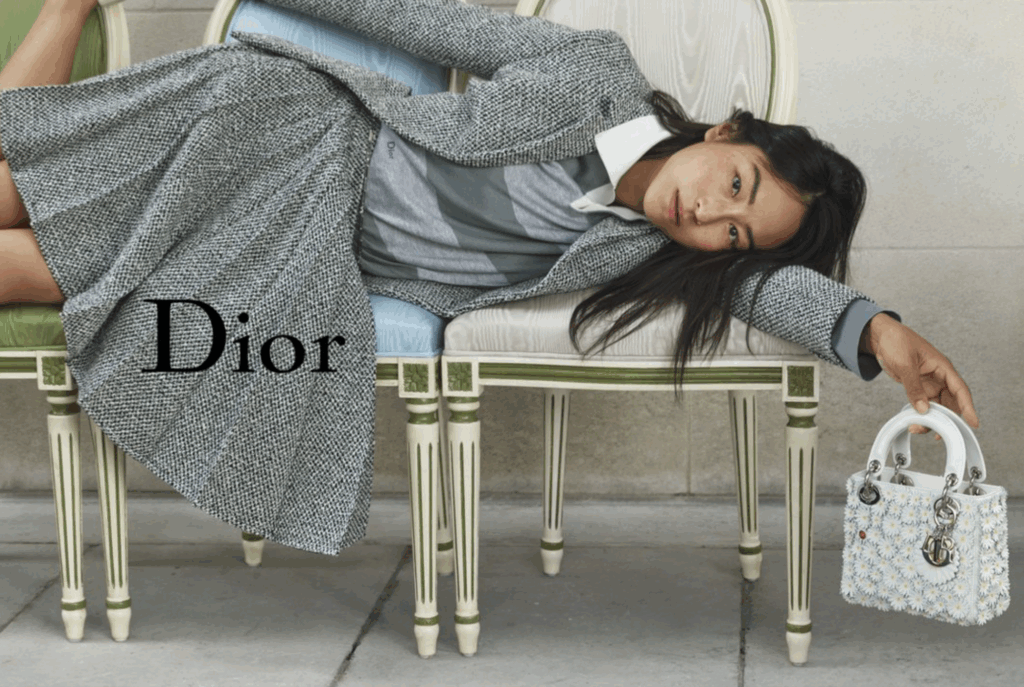Cult swimwear brand Hunza G is taking legal action against Love & Bikinis, accusing the Texas-based brand of riding the wave of its decades-old reputation in crinkled swimwear. In a newly filed complaint, Hunza G alleges that Love & Bikinis is engaging in trademark infringement, false advertising, and unfair competition by branding its products with “The Original Crinkle” – a phrase Hunza G says it not only coined but has built an entire category around.
Setting the stage in the complaint that it filed in the U.S. District Court for the Southern District of New York on October 14, Hunza G maintains that its crinkled swimwear dates back to the original Hunza label’s 1980s roots and has since cemented itself in a distinctive niche with its one-size-fits-most silhouettes made from its proprietary textured material.
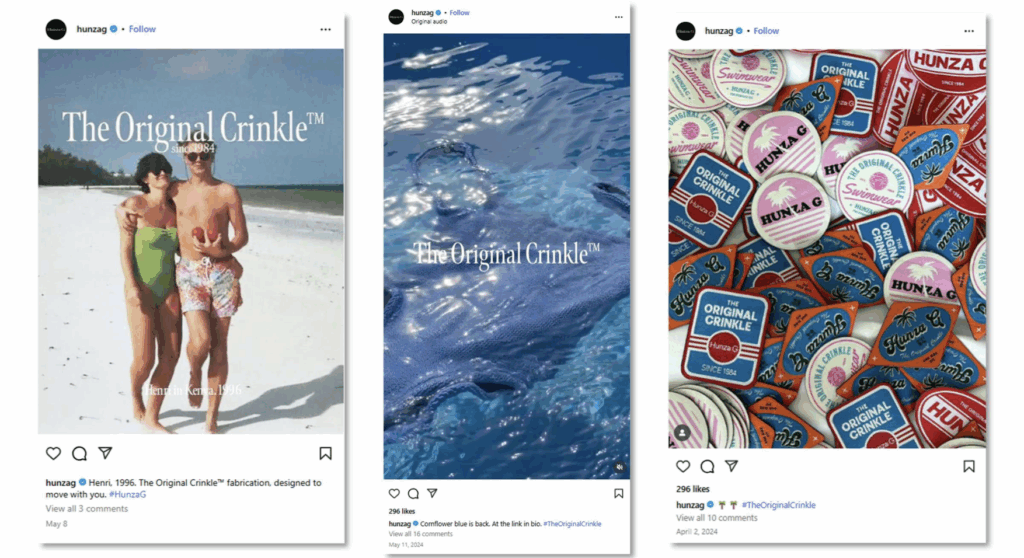
Since at least 2018, the UK-based swimwear label asserts that it has been using the phrase “The Original Crinkle” in its branding and marketing. The term has been integrated into Hunza G’s U.S. and global marketing campaigns, social media content, retailer listings, and wholesale channels, the company claims, asserting that as a result of such extensive and consistent use, “The Original Crinkle” has acquired strong source-identifying power – functioning not as a description but as an indicator of the source of Hunza G goods.
Crinkle Confusion & Side-by-Side Similarities
Enter: Love & Bikinis, which Hunza G describes as a relative newcomer (founded in 2019) that is deliberately leveraging the success and market recognition of the Hunza G iconic stretch-textured swimwear to bolster its own sales. Despite having no ties to Hunza G, the brand has allegedly used the exact phrase “The Original Crinkle” in product descriptions, marketing materials, and even trademark applications – a move Hunza G calls “false, misleading, and confusing.”
To make matters worse, Hunza G argues that in addition to using the “the original crinkle” phrase, Live & Bikinis offers up swimwear that mimics its own best-selling silhouettes and is rendered in similar color palettes and that signature textured fabric, which it claims is likely to heighten the potential that consumers will be confused.
Beyond that, Hunza G points to the overlap in retail distribution of the parties’ offerings (both brands are sold through Everything But Water and Clic), as well as shared marketing channels like Instagram and Facebook. These overlapping factors, Hunza G claims, further amplify the risk that consumers will mistake Love & Bikinis’ goods for authorized Hunza G products – or assume some kind of brand affiliation.
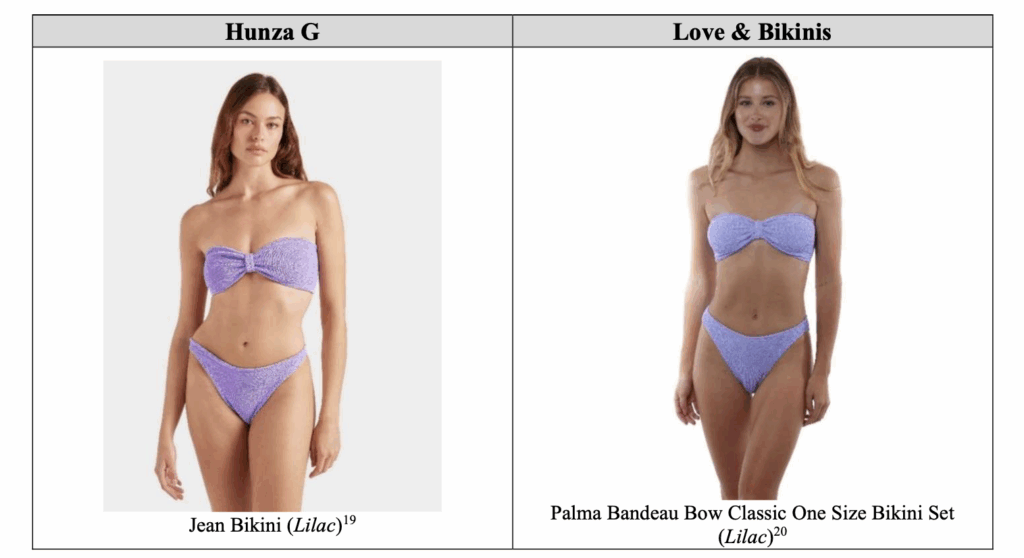
Making matters worse, the suit references negative customer reviews of Love & Bikinis’ products, citing complaints about quality and customer service on platforms like Trustpilot. Hunza G argues that this poor performance further endangers its own brand reputation, particularly if consumers misattribute the issues to Hunza G because of the trademark confusion.
TL/DR: Hunza G argues that Love & Bikinis, as a direct competitor, is “diverting consumers and business away … by capitalizing on the goodwill associated with the trademark.”
Battling Before the USPTO
Not limited to a fight in the retail market, the clash is also playing out before the U.S. Patent & Trademark Office (“USPTO”), with Hunza G arguing that “the misleading and confusing nature of Love & Bikinis’ conduct is further confirmed by its filings with” the trademark office. In particular, the company states that in 2023, Love & Bikinis applied to register the “The Original Crinkle” word mark with the USPTO for use on swimwear and related products – an application that, according to Hunza G, is now standing in the way of its own application from moving forward.
Hunza G accuses Love & Bikinis of knowingly pursuing the mark with “false and misleading representations” to the USPTO, including statements suggesting it was the only brand using the phrase in commerce. The filings also highlight Love & Bikinis’ arguments that the phrase implies uniqueness and market leadership – claims that Hunza G says are not only untrue, but calculated to confuse consumers.
By way of background, the USPTO has issued multiple Office Actions denying Love & Bikinis’ application, citing concerns over descriptiveness and possible confusion, and as of August 2025, Love & Bikinis has initiated an ex parte appeal to the U.S. Trademark Trial and Appeal Board regarding the application.
With the foregoing in mind, Hunza G sets out claims of federal trademark infringement, false advertising, and unfair competition, and is seeking injunctive relief to stop Love & Bikinis from using the phrase “The Original Crinkle”, monetary damages, disgorgement of profits, and an order requiring the destruction of infringing materials.
THE BIGGER PICTURE: Beyond the immediate dispute, the case underscores enduring tensions in the fashion industry around originality, branding, and the long-blurred line between inspiration and appropriation – particularly as more labels lean into nostalgia, archive revivals, and “signature” aesthetics as core parts of their identity.
While much of the legal scrutiny in recent years has focused on the booming “dupe” economy, where fast fashion and low-cost players replicate high-end designs at a fraction of the price, this case does not necessarily fit the traditional mold. Love & Bikinis’ products are not drastically less expensive than Hunza G’s; for example, Hunza G’s signature square-neck one-piece sells for $255, while Love & Bikinis’ version retails for $190. That price point proximity suggests the issue is not about affordability or access, but about brand positioning and commercial identity – making this dispute as much about who gets to claim authenticity as it is about potential consumer confusion.
A representative for Love & Bikinis was not immediately available for comment.
The case is Hunza G Limited v. Love and Bikinis, Inc., 1:25-cv-08487 (S.D.N.Y.)







